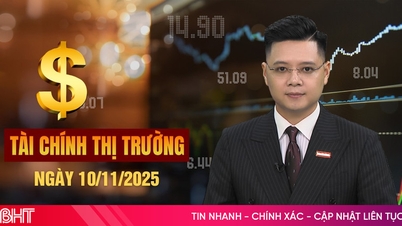CNBC , citing Meta's internal documents, said the company forecasts that 10% of its total revenue in 2024, equivalent to $16 billion, will come from advertising content that violates laws such as online scams, investment scams, illegal online casinos, and the sale of banned medical products.
CNBC reports that Meta appears to be aware of these ads, even trying to measure their popularity on Facebook and Instagram.

Fraudulent and pornographic advertising content... is rampant on Facebook in Vietnam (Screenshot).
CNBC 's report cited an internal document from December 2024 that showed Meta earned about $7 billion in revenue each year from fraudulent ads, which the company called "high risk," meaning the company knew they were deceptive.
CNBC cited another internal document saying that Meta displays an estimated 15 billion pieces of “high-risk” advertising content to users of its two social media platforms, Facebook and Instagram, every day.
While internal documents show that Meta is looking to reduce the amount of fraudulent advertising on its social media platforms, it is also concerned that completely removing these ads would dramatically reduce the company's business reports.
Responding to CNBC 's report, a Meta spokesperson said the company is actively tackling fraudulent and deceptive advertising content on its social media platforms.
This person also said that the prediction of 10% of revenue in 2024 coming from fraudulent advertising content is just a general prediction, not an actual number.
“Unfortunately, the leaked documents present a distorted view of Meta's approach to deceptive and fraudulent advertising; rather than the full extent of our efforts to address the problem,” a Meta spokesperson said.
Meta is on track to generate $164.5 billion in revenue by 2024, with the majority coming from Facebook and Instagram ads. Last week, the company said its third-quarter 2025 revenue grew 26% year-over-year to $51.24 billion.
Despite Meta's claims of trying to remove fraudulent, false or gambling advertising content... in reality, users in Vietnam in particular and globally in general still regularly encounter gambling advertising content, investment scams, and even pornographic content while using social networks Facebook and Instagram.
Source: https://dantri.com.vn/cong-nghe/facebook-bi-to-kiem-duoc-hang-chuc-ty-usd-tu-quang-cao-lua-dao-20251107143354774.htm












































































































Comment (0)